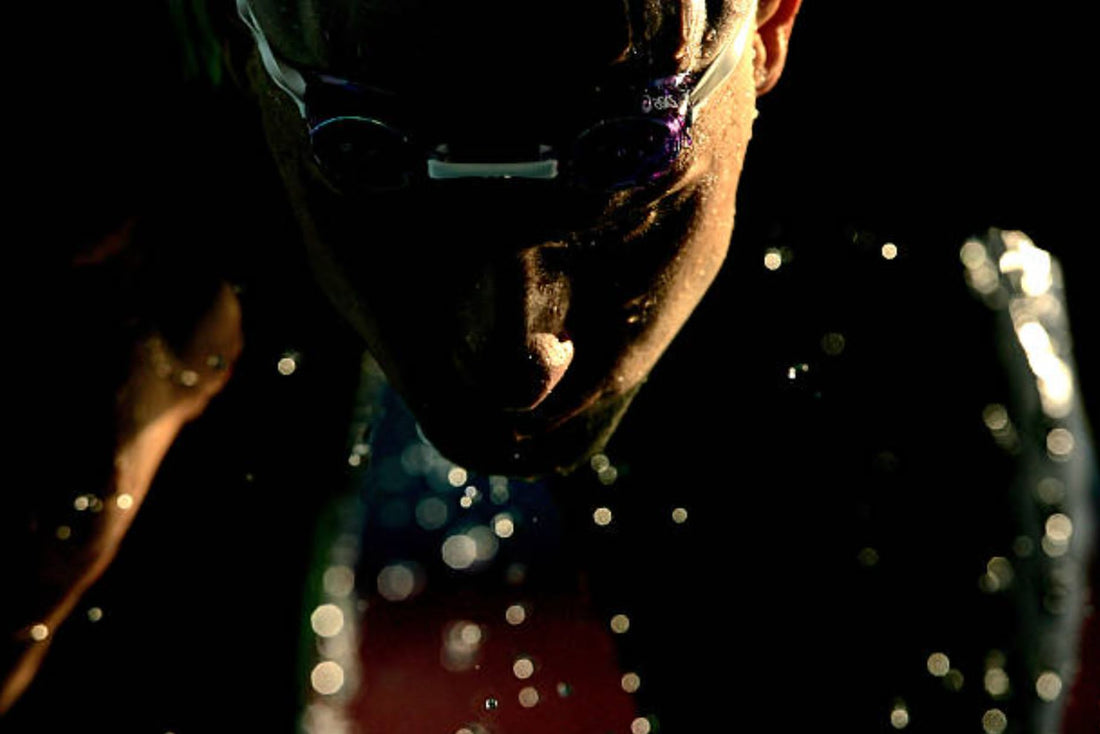
Keeping the Spark Alive: How to Combat Losing Motivation in Swimming
Share
During my career as an Olympic swimmer, there was a period when I struggled deeply with motivation. It’s not something that’s often talked about at the elite levels of sport, where the prevailing narrative is all about persistence and pushing through barriers. Yet, there I was, feeling completely disconnected from the sport that had defined my life.
It all came to a head one morning during a particularly grueling training season. I remember sitting on the edge of the pool, my legs dangling in the water, not wanting to dive in. The water, which had always been my refuge, suddenly felt like an enormous barrier. The endless laps, the pressure to perform, the physical exhaustion—it had all become too much. I felt lost, wondering if I was swimming because I still loved it, or because I didn't know how to do anything else.
That was a wake-up call for me. I realized that if I was going to continue in this sport, I needed to find my passion for it again. I took a few days off—a rare luxury in competitive swimming—to think about my journey, why I started swimming in the first place, and what I still hoped to achieve.
I talked extensively with my coach, who was incredibly supportive. We adjusted my training schedule to reduce some of the intensity and incorporated more rest days. I started to engage in other activities that I enjoyed, which helped me mentally reset. Gradually, I began to miss the feel of the water, the satisfaction of completing a hard set, and the camaraderie with my teammates.
Returning to training after that break, I felt a renewed sense of purpose. I was more aware of my mental state, and I made sure to keep the lines of communication open with my coach about how I was feeling. This experience taught me that it's crucial to balance the rigorous demands of sport with personal well-being.
This period of lost motivation was a profound learning experience for me, not just in my swimming career but later as a coach. I realized the importance of addressing mental health in athletes and making sure they maintain a healthy relationship with their sport. It’s okay to step back and reassess when things aren’t feeling right. In fact, it’s essential.
Now, as a coach, I encourage my swimmers to be open about their feelings and remind them that losing motivation doesn’t mean you’re failing. It just means you’re human, and sometimes, you need to recalibrate and remind yourself why you love what you do.
